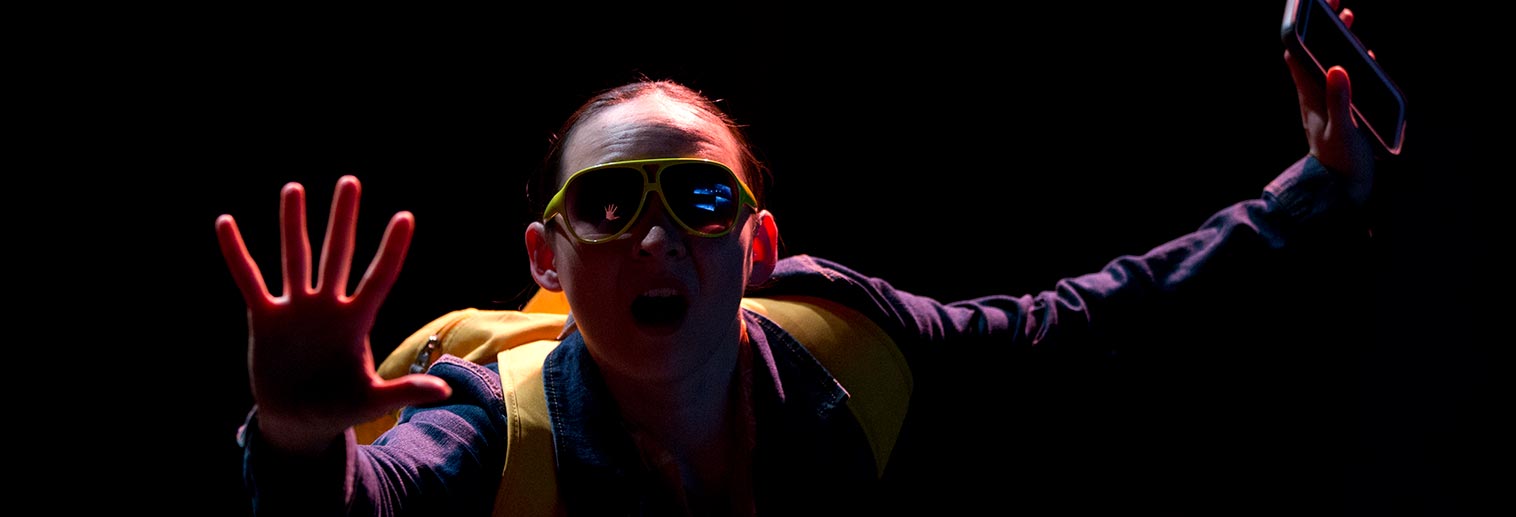Admissions & Costs
The Master of Fine Arts in Performance Creation is for artists who want to create their own performances, rather than playing a supporting role in someone else’s vision. This program is not just a means to a graduate degree, it’s an incubator for your artistic vision. We want the person for whom traditional definitions are not enough.
Who should apply?
- Recent college graduates with degrees in Theatre or related performance fields
- Young artists looking to hone their artistic voice
- Professional artists seeking a degree to validate their professional work
- Artists in need of a degree to pursue teaching or other job opportunities
- Performance-makers interested in social engagement and community empowerment
Admission Requirements
- An undergraduate GPA of 3.0 or above (exceptions to be made on case-by-case basis), and the completion of an appropriate undergraduate program or the equivalent
- A letter of application
- 2 letters of recommendation
- Resume
- All Official Transcripts
- Child Abuse Clearance and FBI Clearance with fingerprinting (students must be permitted to enter Pennsylvania classrooms, non-negotiable)
- Basic Language Competencies: students must demonstrate sufficient knowledge and skill in English to pursue the required studies.
- Interview
Costs
The MFA in Performance Creation costs $8,500 per year for the two-year program. Students enroll for the entire program rather than for individual courses. Part of Touchstone's mission is to educate the next generation of theatre artists. Because we want that education to be as accessible as possible, we have lowered the cost of tuition to cover only the essentials of instruction and program overhead. Tuition does not include expenses such as room, board, books, and project budgets. For self-funded projects, students can choose to work on shoestring budgets, or they can engage in fundraising efforts as part of their work.

